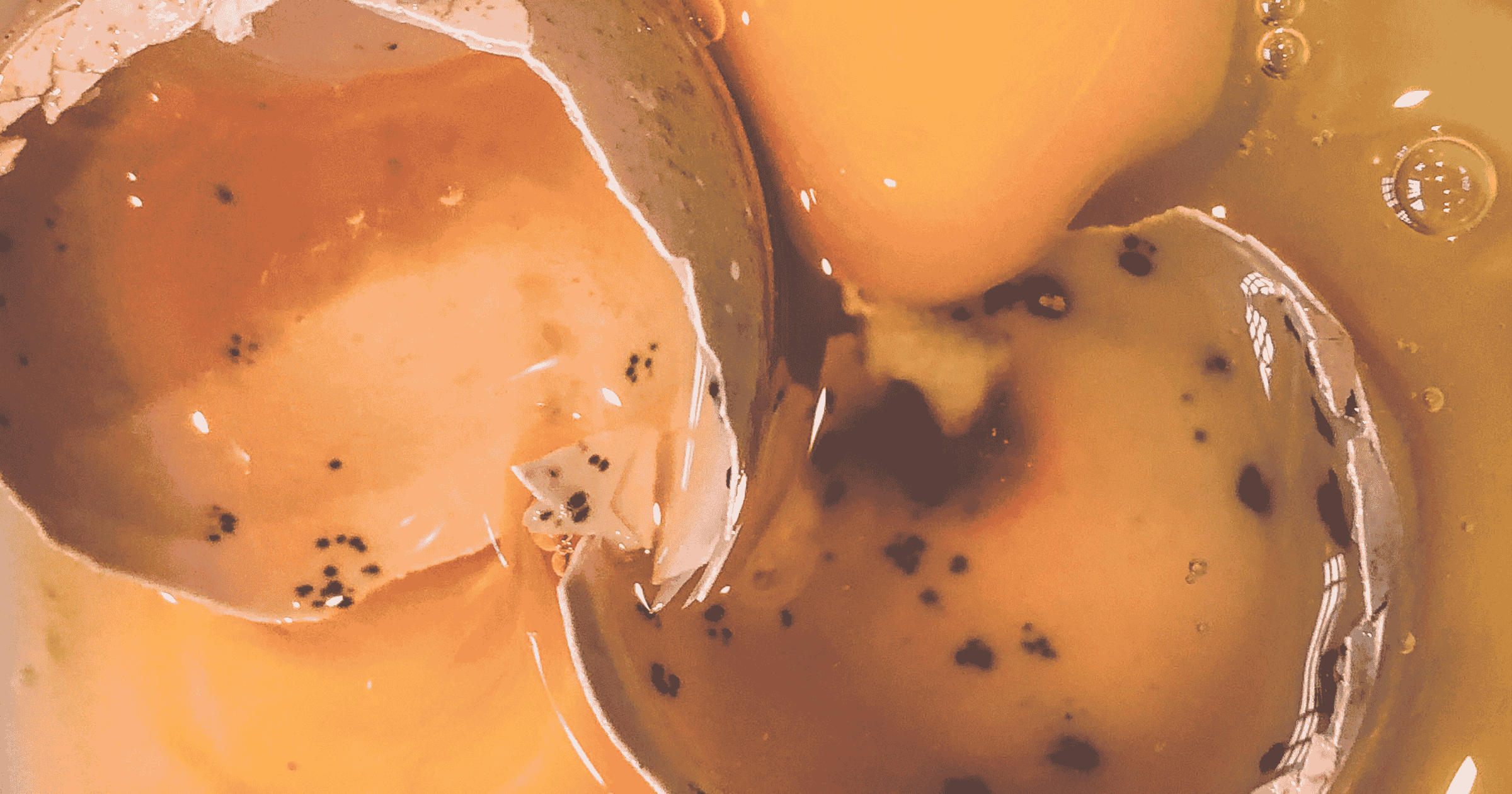
08 Apr How to Store Eggs in Nigeria’s Hot Weather Without a Fridge
In Nigeria, where the temperature often ranges between 28°C to 35°C, storing eggs can be tricky—especially when electricity isn’t always reliable or available. Whether you’re buying fresh eggs from a local market, collecting from your backyard coop, or selling as a poultry farmer, one big concern is:
“How do I keep my eggs fresh in this heat?”
Good question!
The truth is, eggs can spoil quickly in hot weather, but with the right storage techniques, you can preserve them safely for weeks, even without a refrigerator.
This guide will show you how to store eggs properly in Nigeria’s hot climate, using both traditional Nigerian methods and smart modern hacks that work without relying on electricity.
Why Heat Affects Egg Freshness
Before we talk storage methods, let’s understand why heat is such a problem:
- High temperatures speed up bacterial growth, especially salmonella.
- Moisture and humidity can enter the eggshell and reduce freshness.
- Heat causes the air cell inside the egg to expand, which breaks down the egg faster.
So, in Nigeria’s weather, a poorly stored egg can go bad within 3–5 days—unless you take precautions.
How Long Do Eggs Last in Nigerian Heat?
Here’s a quick breakdown of how long unwashed farm eggs can last at different storage conditions in Nigeria:
| Storage Condition | Shelf Life (Approx.) |
|---|---|
| Direct sunlight or heat | 2–4 days |
| Room temperature (30–35°C) | 5–7 days |
| Shaded, ventilated space (25–28°C) | 10–14 days |
| Clay pot/cooler or sand storage | Up to 3–4 weeks |
Note: These durations apply only to unwashed farm eggs with the natural bloom still intact. If you’ve already washed the eggs, refrigerate immediately or use them quickly.
Best Ways to Store Eggs in Nigeria’s Hot Climate (Without a Fridge)
Now let’s dive into practical methods that Nigerians can use to keep eggs fresh—even in the hottest months.
1. Keep Eggs Unwashed Until You’re Ready to Use Them
This is rule number one.
Freshly laid eggs have a protective outer layer called the bloom or cuticle. It seals the pores in the shell and keeps bacteria out.
Washing the egg removes this layer, so only wash eggs just before cooking or selling.
2. Store in a Cool, Shaded Spot Indoors
Find the coolest spot in your house—like:
- Under a wooden shelf
- On a tiled floor in a corner
- Inside a cupboard that doesn’t face the sun
Avoid places near generators, kitchens, or plastic bags that trap heat.
✅ Store the eggs pointy side down to keep the yolk stable and slow aging.
3. Use a Clay Pot-in-Pot System
This traditional method works wonders in Nigeria’s heat.
How it works:
- Place a smaller clay pot inside a larger one.
- Fill the gap between them with wet sand.
- Cover the smaller pot with a damp cloth or lid.
- Keep the system in a shaded, ventilated area.
Evaporation from the wet sand cools the inner pot, creating a natural refrigerator.
📦 Store the eggs inside the inner pot on a layer of dry leaves, sawdust, or paper.
4. Store Eggs in Ash, Sand, or Sawdust
Another rural method still used across Nigeria.
- Pour clean wood ash or dry sand into a container.
- Gently nestle the eggs inside, making sure they’re not touching.
- Cover with another layer of ash or sand.
This insulates the eggs and keeps heat and light away.
✅ Make sure the ash or sand is completely dry, and place the container in a cool space.
5. Use Airtight Containers with Dry Grains or Rice
This is a clever urban method you can try in small kitchens:
- Place eggs in an airtight container.
- Surround them with dry rice, beans, or grains.
- Seal and store in a cool corner of your kitchen.
The dry grains absorb moisture and reduce temperature fluctuations, helping to keep the eggs fresh.
6. Rotate Stock Using FIFO (First In, First Out)
If you collect or buy eggs regularly, don’t mix old and new eggs.
✅ Use older eggs first. Mark cartons with dates or use a pencil to label the eggs.
This helps reduce waste and keeps your storage organized.
7. Apply Oil to Eggs for Extended Storage
This method works best if you plan to store eggs unrefrigerated for several weeks.
- Lightly coat each egg with vegetable oil or coconut oil.
- Place in a carton or tray, pointy side down.
- Store in a cool place.
The oil seals the shell’s pores, acting like a replacement for the natural bloom.
⚠️ Only do this with clean, unwashed eggs.
Bonus: How to Check If Eggs Are Still Good (Without Cracking)
Before you eat or sell your stored eggs, check their freshness with these quick tests:
🧪 The Float Test
- Fill a bowl with water and drop the egg in.
- Sinks flat = very fresh
- Stands upright = okay but older
- Floats = bad egg—discard it
👃 The Smell Test (Once Cracked)
- If it smells bad or like sulfur, toss it.
👀 Visual Check
- Look for cracks, mold, or discoloration on the shell.
- Shine a light (like a torch) through the egg to check the yolk (called candling).
Things to Avoid When Storing Eggs in Nigerian Heat
Here’s what NOT to do:
🚫 Don’t wash eggs before storing
🚫 Don’t store near stoves, gas cylinders, or electronics
🚫 Don’t use plastic bags—they trap heat and moisture
🚫 Don’t keep eggs in direct sunlight
🚫 Don’t mix old eggs with new ones
For Egg Sellers and Poultry Farmers in Nigeria
If you sell farm eggs locally, these storage tips are a must:
- Collect eggs early in the morning before the sun is harsh.
- Avoid stacking too many trays—heat builds up in the middle.
- Transport eggs in cartons or baskets lined with straw or foam.
- Educate buyers on how to store eggs at home without a fridge.
✅ These practices help build your brand as a trusted, professional egg supplier.
Summary: Best Storage Tips for Eggs in Nigerian Heat
| Method | Shelf Life | Requires Electricity? |
|---|---|---|
| Clay pot cooler | 3–4 weeks | ❌ |
| Ash or sand burial | 2–3 weeks | ❌ |
| Cool, shaded indoor space | 1–2 weeks | ❌ |
| Airtight container + grains | 2–3 weeks | ❌ |
| Coated with oil | 2–4 weeks | ❌ |
| Refrigeration (if possible) | 4–6 weeks | ✅ |
Conclusion
Living in Nigeria’s heat doesn’t mean your eggs have to go bad in a few days. With a little creativity—and some age-old Nigerian wisdom—you can store eggs for weeks without a fridge.
Whether you’re raising chickens, selling farm eggs, or buying from your local oja, these storage techniques can save money, reduce waste, and keep your eggs safe.
🪴 Try one of these methods today and see the difference in freshness and shelf life!
If you’re an egg farm, poultry seller, or backyard chicken enthusiast in Nigeria, we’d love to hear your go-to egg storage tip. Leave a comment or reach out—we’re building a smarter farm community together.
Recent posts
- How to Make Akara and Moi Moi with Farm Eggs | Delicious Nigerian Recipes
- How to Make Perfect Omelettes with Farm Eggs | Easy, Delicious Recipe
- Easy Egg Salad Recipes with Farm Fresh Eggs | Delicious & Nutritious
- Deviled Eggs with Local Nigerian Ingredients | Easy Recipe
- Delicious Nigerian Dishes Made with Eggs | Tasty Egg Recipes
Your cart
Your cart is currently empty!








No Comments